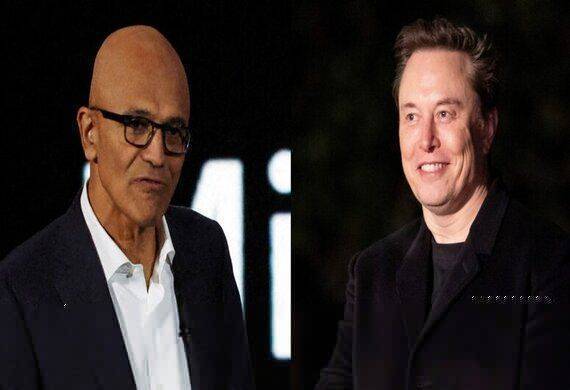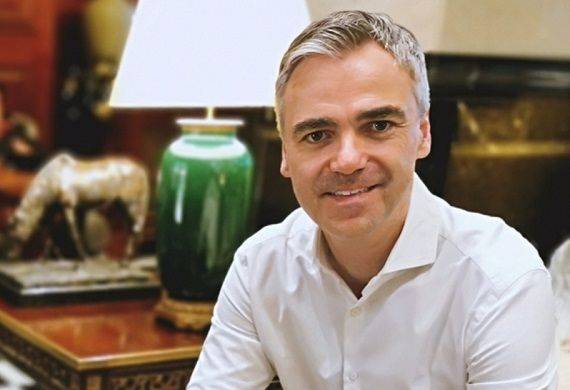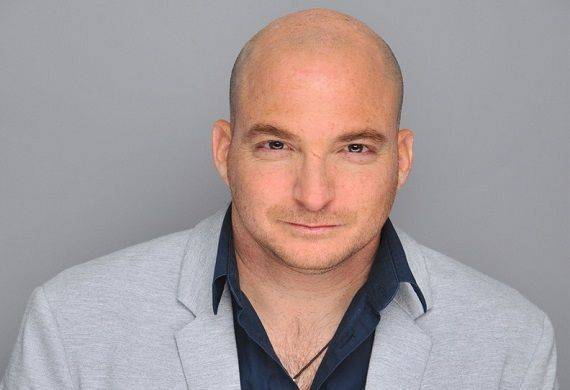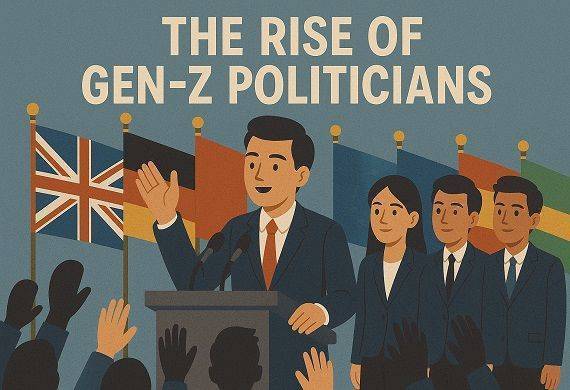Elon Musk's Key Announcements at Microsoft Build 2025 with Satya Nadella
By Global Leaders Insights Team | May 20, 2025

At its annual Build developer conference, Microsoft made a surprising announcement: it is expanding its Azure AI Foundry model offerings to include Grok 3 and Grok 3 mini from xAI, the AI startup founded by billionaire Elon Musk. This announcement establishes Microsoft as one of the first major cloud providers to provide managed access to Grok, the AI model known for its controversial and frequently unfiltered approach.
Key Highlights
Eon Musk announced that Microsoft's Azure AI Foundry will host xAI's Grok 3 and Grok 3 mini models, expanding Azure's AI offerings and positioning Microsoft as a leading AI model hosting provider.
Microsoft highlighted the rapid growth of AI agents, noting that their usage has more than doubled since last year, and introduced new agentic AI tools like an Azure SRE agent integrated into GitHub Copilot.
"These models will have all the service level agreements (SLAs) Azure customers expect from any Microsoft product," according to the organization. Microsoft will host and bill the Grok AI models directly, making them available to its product teams and enterprise clients via the Azure AI Foundry service.
Elon Musk joins CEO Satya Nadella at Build 2025
Elon Musk made a friendly virtual appearance at Microsoft's annual technology showcase to announce that his Grok artificial intelligence chatbot will now be hosted in Microsoft data centers. "It's fantastic to have you at our developer conference," Microsoft CEO Satya Nadella said to Musk in a pre-recorded video conversation broadcast at the company's Build event in Seattle.
What Elon Musk's Grok's move to Azure means for OpenAI
This unexpected addition has already sparked internal debate and may strain Microsoft's current partnership with OpenAI, a leading AI research and deployment company in which Microsoft has made significant investments. Over the last year, Microsoft has strategically diversified its Azure AI Foundry platform by incorporating models from various AI labs that compete directly with OpenAI's offerings.
Grok 3 and Grok 3 mini will be available via the Azure AI Foundry platform, with the same robust service-level agreements that Azure customers have come to expect. Furthermore, Microsoft will handle billing directly, following the model of other AI models hosted on the platform.
What Elon Musk's Grok's move to Azure means for Microsoft
Grok, which currently powers several features on Musk's social media platform X, has received widespread attention for its unconventional approach. When Grok was first announced several years ago, Musk positioned it as a "anti-woke" AI, willing to tackle controversial topics that other AI systems typically avoid. This is reflected in Grok's ability to generate vulgar responses when prompted, as well as its more permissive stance on sensitive topics, as evidenced by benchmarks such as SpeechMap.
Grok's journey hasn't been without controversy. Recent reports have highlighted instances where the AI model generated inappropriate responses, such as allegedly undressing photos of women. Earlier this year, Grok briefly censored mentions of prominent figures such as Donald Trump and Musk himself. Just last week, a "unauthorized modification" caused Grok to repeatedly generate references to white genocide in South Africa when given specific prompts.
Notably, Azure AI Foundry's Grok 3 and Grok 3 mini models are expected to be more controlled than their X counterparts. Microsoft has indicated that these models will include improved data integration, customization options, and governance capabilities that may not be available via xAI's direct API. This suggests that Azure customers will receive a more enterprise-ready and moderated version of Grok.
Grok's inclusion in Azure AI Foundry represents a significant step in Microsoft's strategy to provide a diverse range of AI models to its customers, even if it means incorporating technology from a contentious figure like Elon Musk and potentially complicating its relationship with key partner OpenAI. The industry will be watching closely to see how this development plays out and what effect it has on the competitive landscape of AI cloud services.
.jpg)



